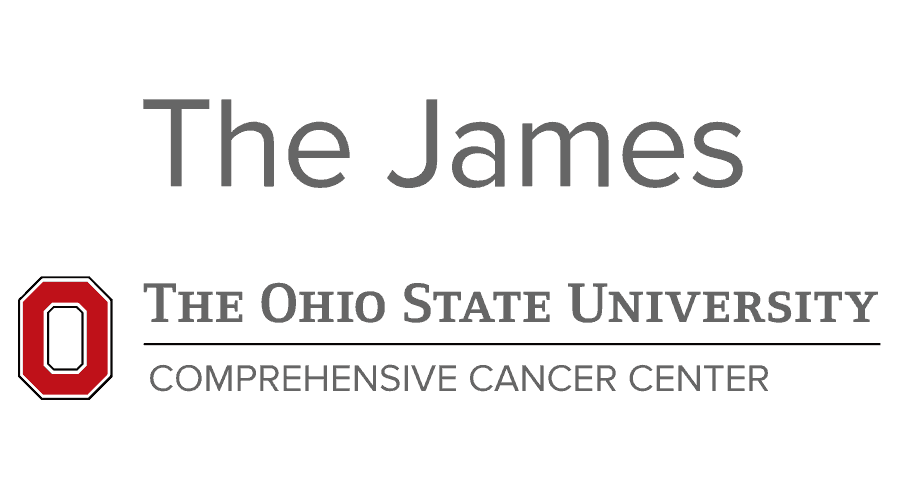Regulation & Policy
1. Federal Regulation
- The Common Rule (45 CFR 46) governs human subjects research and includes requirements for IRBs, informed consent, and additional protections for vulnerable populations.
- Read Frequently Asked Questions (FAQs) here.
- U.S. Food and Drug Administration (FDA) regulations (21 CFR Parts 50, 56, 312) cover clinical investigations of drugs and devices, including investigator responsibilities, informed consent, and IRB review.
- Part 50— Protection of Human Subjects
- Part 56— Institutional Review Boards
- Part 312— Investigational New Drug Application
- Health Information Portability and Accountability Act (HIPAA) (45 CFR Parts 160 and 164) protects patient privacy and governs the use of Protected Health Information (PHI) in research
- The Minimum Necessary Rule (45 CFR Parts 164.502(b), 164.514(d) is a HIPAA standard that requires healthcare providers and researchers to limit the use and disclosure of PHI to the minimum amount necessary to achieve the intended purpose.
- NIH Guidelines for Clinical Research (National Institutes of Health) include policies on Certificates of Confidentiality, human subjects education, data and safety monitoring, and clinical trial registration.
2. State of Ohio
- The Advance Ohio Education Act (SB 1) has broad requirements for programs, operations, and policies at Ohio’s public universities, including The Ohio State University.
- Learn more about the bill from the SB 1 Summary and through Faculty FAQs.
- Ohio Revised Code
- Research Ethics and Safeguards (Rule 4732-17-02) covers the general conduct requirements for conducting research in accordance with the approved research protocol.
3. University Policies
Ohio State Policies By Responsible Office:
- Enterprise for Research, Innovation and Knowledge (OSU-ERIK)
- Animal Care and Use Program
- Export Control
- Human Research Protection Program
- Individual Investigator Use of Controlled Substances in Non-Therapeutic Research
- Institutional Biosafety
- Intellectual Property
- Research Data
- Research Misconduct
- Office of Academic Affairs
- Records Management
- Office of Human Resources
- Whistleblower, 1.40
- Office of Technology and Digital Innovation
- Digital Accessibility
- Information Technology (IT) Security
- Institutional Data
- Responsible Use of University Computing and Network Resources
- Office of University Compliance and Integrity
- Gift Acceptance
- Outside Activities and Conflicts
- Wexner Medical Center Compliance and Integrity
- Protected Health Information and HIPAA
- Human Research Protection Program (ERIK-HRPP):
- Human Research Protections at Ohio State
- IRB Submission and Review of Research
- Study Procedures and Ongoing Research Considerations
- Research Involving Special Populations
- Special Types of Research
- IRB Operations
- Office of Research Compliance (ERIK-ORC):
- Conflict of Interest
- Controlled substances and toxins
- Research data
- Research misconduct
- Responsible Conduct in Research
4. The Belmont Report Summary (1979)
The Belmont Report is a foundational document in U.S. research ethics that outlines key principles for conducting research involving human subjects. It emphasizes:
- Respect for Persons – recognizing autonomy and protecting those with diminished autonomy.
- Beneficence – maximizing benefits while minimizing harm.
- Justice – ensuring fair distribution of research benefits and burdens.
These principles guide informed consent, risk-benefit assessment, and subject selection through ethical research practices.
